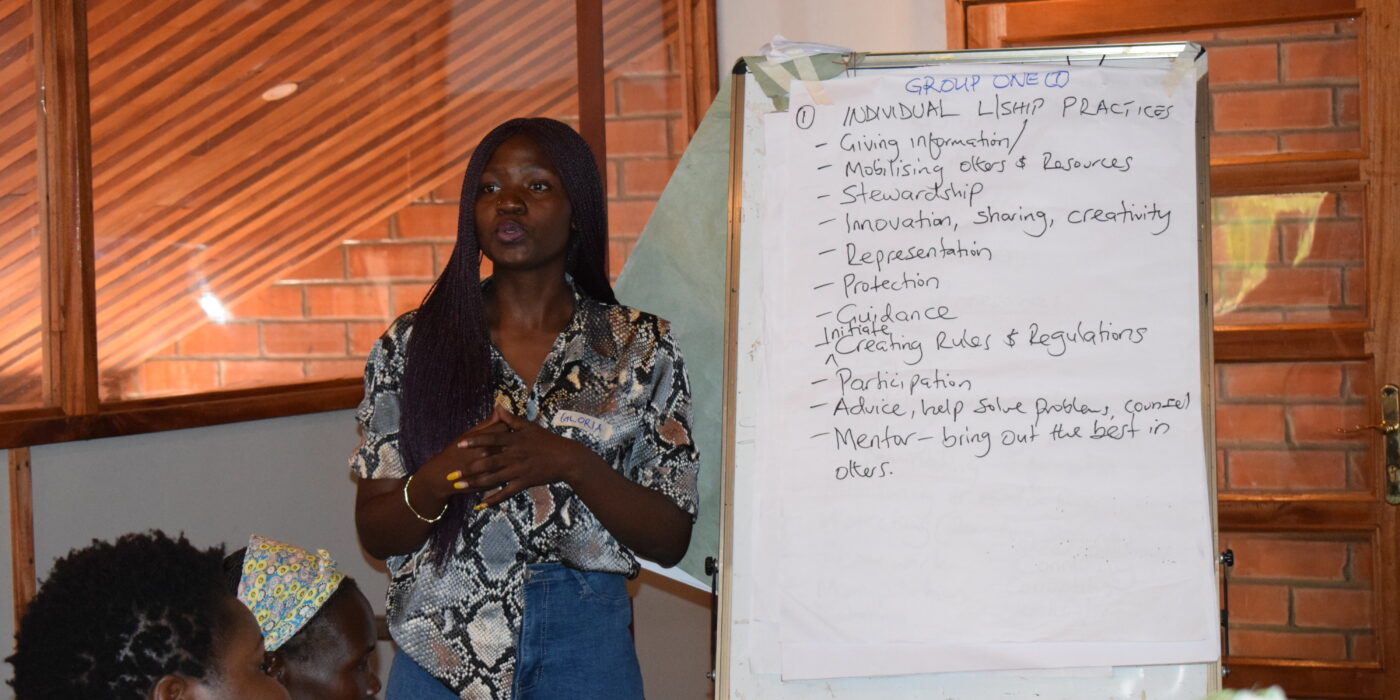Wellness is an active process of becoming aware of and making choices toward a healthy and fulfilling life. It is more than being free from illness, it is a dynamic process of change and growth. Maintaining an optimal level of wellness is absolutely crucial to a high quality of living. Everything we do and every emotion we feel relates to our well-being. In turn, our well-being directly affects our actions and emotions. Therefore, it is important to achieve optimal wellness in order to reduce stress, lower the risk of falling ill and ensure positive interactions. Wellness focuses on different dimensions that are occupational, emotional, spiritual, environmental, financial, physical, social, and intellectual wellness. All of these dimensions are interconnected.
Wellness helps to understand how to communicate with each other and work collaboratively. If employees or students are unhappy or unhealthy, this then again affects the organization’s or the institution’s growth and development. Transformative leadership goes hand-in-hand with wellness. Confronting violence and the survivors of that violence daily is traumatizing. Leaders and activists face injustice, hatred, repression, oppression, sexism, homophobia, violence and discrimination on a daily basis. This takes a toll on their personal life too. Our opponents are fully aware of the deeply personal nature of the work and thus attack where it hurts most, in very personal ways. Hence, for us to fully engage, we need activist energy and passion.
For this reason, the Women’s International Peace Centre conducted a training on transformation leadership and wellness for student leaders on the 19th and 20th November, using its model in engaging with self-care. The model allows participants to understand the gendered demands and expectations on women’s emotional and physical labour, their history with violence and discrimination and how this impacts their leadership development process. Ultimately, the model also allows women to look inwards and proposes interventions for thriving at the personal level, before looking outwards to influence their communities as well-grounded and emotionally intelligent leaders.
The training aimed to educate the student leadership on how to create a supportive work or learning environment, improve productivity and health behaviour, reduce elevated health risks and to promote sustainable growth as well as meeting our social, emotional and physical wellbeing. The student leadership was in the focus of this training because being a leader and student comes with a lot of responsibility. The training aimed to assist leaders in understanding the needs of their bodies, why it is important to free-up small pockets of time for self-care and well-being, work–life balance, physical and emotional safety.



